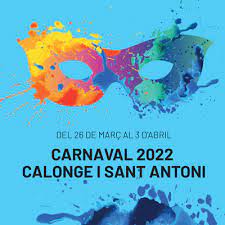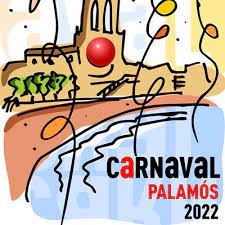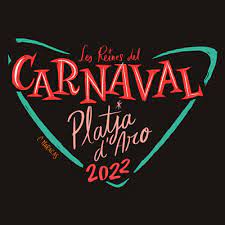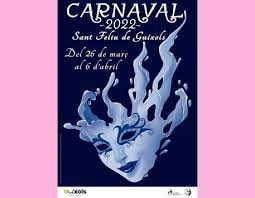Although the Costa Brava is know for its beautiful beaches and coves, it is also worth noting its popular culture that attracts numerous visitors and tourists throughout the year. A feature of popular culture that attracts many people from all over the territory is the CARNIVAL.
Carnival is one of the most celebrated and fun parties for us. The costumes and great festive atmosphere take over the streets for a few days; giving the starting gun with the Proclamation -reading the commandments dictated by the King and Queen of Carnival- and ending with the Burial of the Sardine.
Below we give you a small tour of the most important Carnivals in the area.

Carnaval de Sant antoni de calonge
Carnival that has been celebrated every year since the 70s until today, has only been interrupted by the pandemic in 2020/2021

Carnaval de Palamós
Carnival designed for the participating groups, who enjoy it more than anyone. They are the protagonists and main hosts who pour themselves into this celebration. The acts that take place ara mainly "La Vesprà", "La Despertà", the "Gran Rúa" on saturday afternoon and the Sunday morning Parade, without forgetting the atmosphere of the town's shops.

Carnaval de Platja d’Aro
It is undoubtedly the most massive on the Costa Brava where more than 70 groups and 4,000 extras from all over Catalonia participate, with more than 5 hours of street parade on Saturday afternoon.
The star car is the Rúa, but it is not the only one; dances, concerts, parades, competitions and many more activities are the focus of attention during the two weeks that the festival lasts in this town in the Baix Empordà.

Carnaval de Sant Feliu de Guíxols
It is the oldest in our territory and its street makes it special; It is a night parade that inaugurates the hooked carnival.
Another of its attractions is the way in which local groups live it; they begin with the “dinner of the colles”, Fat Thursday continues with the presentation of the Carnival, and has its great night with the dance of the tongo, named after the shouts of the public when giving the prizes of the Rúa.
There is another parade, which is usually held on Sunday morning, which parades along the promenade.